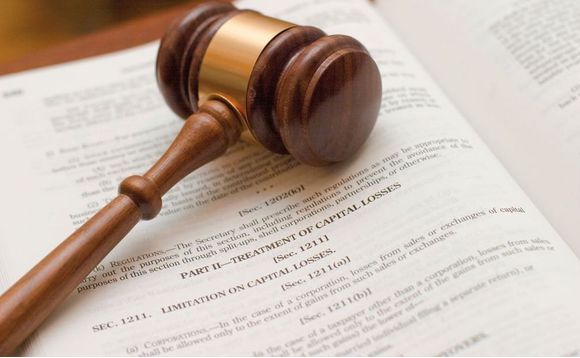
AIFMD: Concerns over lack of suitable depositaries

Rules on the use of depositaries prescribed by the AIFMD could be hit by a lack of suitable institutions, with many saying moves to offer such a service face a number of regulatory and financial challenges. Anneken Tappe reports
The implementation deadline for the AIFMD is rapidly approaching and, with it, the need for private equity houses to use depositaries to protect investors. But firms hoping to offer this kind of service are being faced with numerous obstacles which could make implementation difficult.
One firm considering offering such a service is UK private equity fund administrator Ipes. However, Ipes is concerned that existing rules will make it difficult if not impossible to secure the required insurance.
"For depositaries, the line to being held strictly liable is drawn too harshly. It is a ‘guilty before proven innocent' regime, which is spooking depositaries and insurers. Without such insurance, it might be impossible for any firm but the multinational banks to provide this service, some of whom have experienced financial instability in recent years," says Justin Partington, commercial director at Ipes.
A lack of suitable institutions to act as depositaries threatens to derail AIFMD
Aside from firms like Ipes, major European banks have been touted as potential suppliers of depositary services, particularly French banks as existing financial legislation in the country is close to that of the AIFMD. The French banking sector, however, has been hit hard by the Eurozone crisis, mostly due to its extremely high exposure to sovereign debt in eurozone's periphery. Some have questioned the wisdom of having institutions which already have stressed balance sheets taking on the role of safekeeping investor funds on a massive scale. This has the potential to further concentrate systemic risk in a few major institutions.
The news has once again led to questions over the suitability of introducing mandatory depositary rules on the private equity industry. "In private equity, there is no standard custodian role," said Ben Robins of Mourant Ozannes at the Legal Week Private Equity Forum last week; many in the industry see the new requirement as unnecessary.
The AIFMD's concept of custodians is taken from securities trading. In the EU, the Central Securities Depositories (CSD) are regulated to streamline and harmonise the process of securities trading across the continent. Depositories offer book entry services, an electronic register, which dematerialises the trading process, making it more efficient. Another very important part of CSDs is clearance and settlement. The idea of an obligatory use of depositories in private equity was introduced around 2007 to add a layer of investor and ultimately consumer protection.
However, private equity transactions differ substantially from securities trading, and critics say a depository structure modelled for the latter is unlikely to fit the business model of the former. EVCA argued that depositories risk an interference with the investment decision, which would translate into a concern for both the investor and fund manager. Private Equity depositaries would also have the obligation of oversight of a fund's activities, says James Greig, partner in the financial services and regulatory practice at PricewaterhouseCoopers.
Effectively, depositaries would be asked to pre-clear transactions; this could not only slow down the buy and sell process, but also impose a disruptive force on funds' strategies.
Latest News
Stonehage Fleming raises USD 130m for largest fund to date, eyes 2024 programme
Multi-family office has seen strong appetite, with investor base growing since 2016 to more than 90 family offices, Meiping Yap told Unquote
Permira to take Ergomed private for GBP 703m
Sponsor deploys Permira VIII to ride new wave of take-privates; Blackstone commits GBP 200m in financing for UK-based CRO
Partners Group to release IMs for Civica sale in mid-September
Sponsor acquired the public software group in July 2017 via the same-year vintage Partners Group Global Value 2017
Change of mind: Sponsors take to de-listing their own assets
EQT and Cinven seen as bellweather for funds to reassess options for listed assets trading underwater







